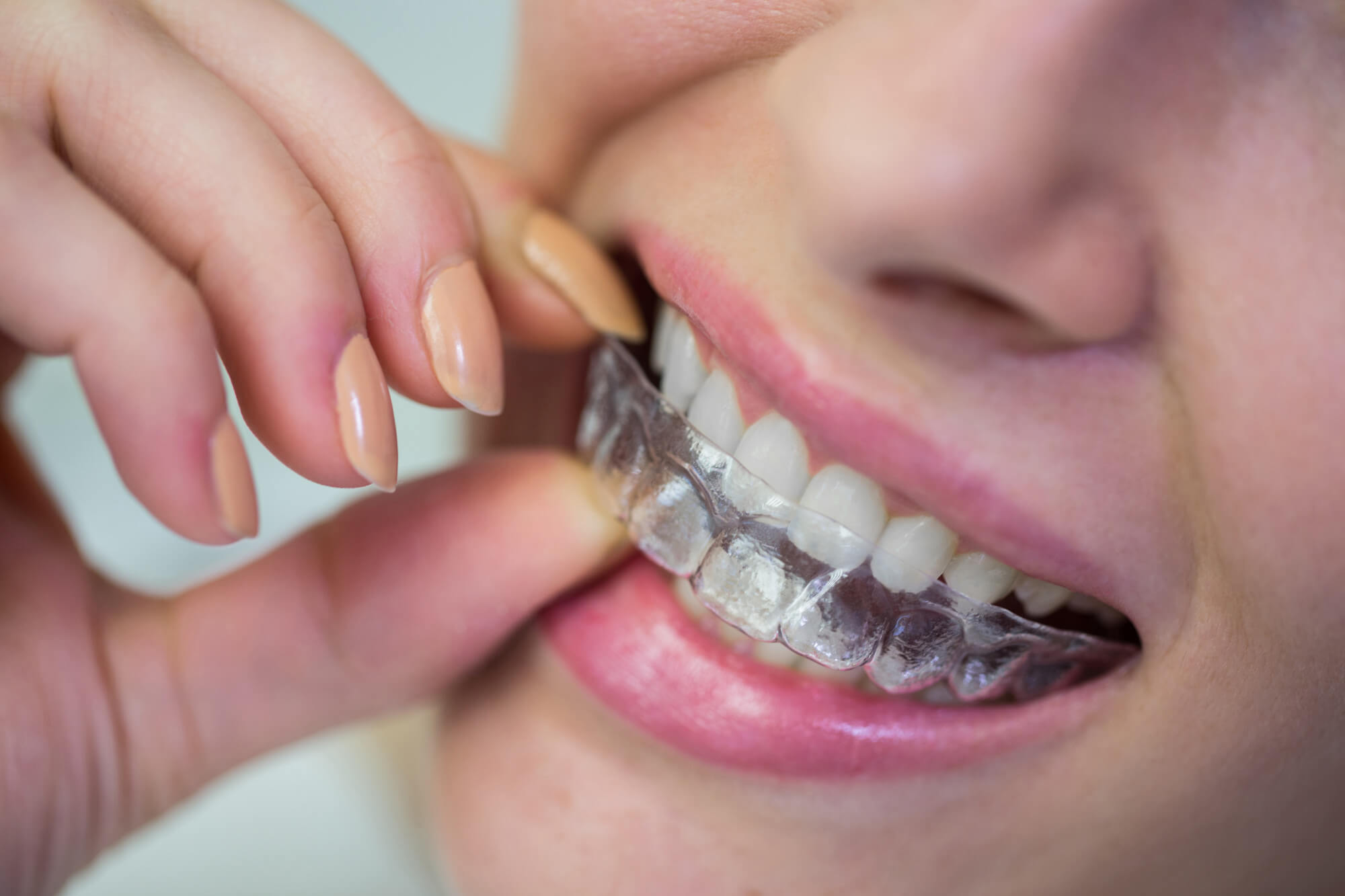Mouth guards, also known as mouth protectors, are devices worn over the teeth to protect them from injury during sports or other activities that involve physical contact or the risk of impact to the face and mouth. Mouth guards help cushion blows to the face, minimize the risk of broken teeth, lip and cheek injuries, and even reduce the severity of concussions.
There are three main types of mouth guards:
Stock Mouth Guards
These are pre-formed and ready-to-wear mouth guards that can be purchased at most sporting goods stores. They are inexpensive and come in a limited range of sizes. While convenient, stock mouth guards often provide a poor fit and may be uncomfortable to wear, as they cannot be adjusted to fit the individual’s mouth.
Boil-and-Bite Mouth Guards
Boil-and-bite mouth guards are made from thermoplastic material that softens when heated in boiling water. After boiling, the mouth guard is placed in the mouth and molded around the teeth by biting down and using finger and tongue pressure to shape it to the contours of the teeth and gums. Boil-and-bite mouth guards offer a better fit and greater comfort compared to stock mouth guards and are available at most sporting goods stores.
Custom-Fitted Mouth Guards
Custom-fitted mouth guards are made by dental professionals based on impressions of the individual’s teeth and gums. They offer the best fit, comfort, and protection, as they are tailor-made to the specific dimensions of the wearer’s mouth. Custom-fitted mouth guards may be more expensive than stock or boil-and-bite mouth guards but provide superior protection and durability.
Regardless of the type of mouth guard used, it’s essential to ensure that it fits properly and is worn correctly to provide maximum protection. A well-fitting mouth guard should cover all the teeth in the upper jaw and be comfortable to wear without interfering with breathing or speech.
Mouth guards should be cleaned regularly with soap and water and stored in a ventilated container when not in use to prevent bacteria growth and maintain hygiene. Inspecting the mouth guard for signs of wear and tear and replacing it as needed is also important to ensure continued protection.



